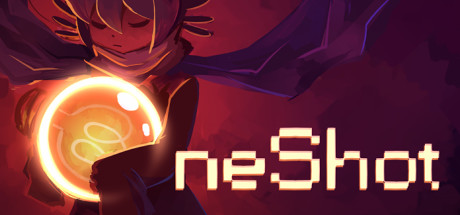
OneShot
It’s a bit of a cliché these days to compare games with metafictional elements to Undertale, but OneShot has so much in common with Undertale and such a complicated relationship with it that such comparisons are practically necessary to understand its place in the world. So here we go. The original version of OneShot was actually released as freeware before Undertale and gained some notoriety for its use of the player’s computer itself as a puzzle-solving tool, its brutally literal title mechanic, and its surprisingly difficult central moral choice. After Undertale released to wide acclaim with another take on similar mechanics and themes, OneShot was remade for Steam with a moderate visual overhaul and expanded content, much of which focused on world-building and apparent narrative dead ends. Until a few months later, when an in-game timer finally ticked down, signaling the launch of the Solstice update, which adds a generous helping of additional content that ties everything together and ends the story in spectacularly emotional fashion.
If you followed along with all of that, then you are the exact target audience for this game, because parsing the story of the game itself is eerily similar to parsing the story the game is trying to tell. Even the mini-ARG delivery method of the update is so in line with the narrative it completes that this is one of, if not the only time I will consider a post-launch update as part of my appraisal of a game. Part of that may be that the completed narrative is incredible, and ignoring it would feel distinctly unfair. Out of an endlessly bleak scenario, it manages to pull together something truly heartwarming and thought-provoking. The only flaw it has as far as I’m concerned is that it’s obvious that it was pieced together by adding to and repurposing an already mostly-complete story.
Compared to its original version, this remake has its pros and cons. The additional running time allows for more examples of that metafictional gameplay that I’m trying not to spoil the specifics of, dispelling any lingering sense that you’re just playing a proof of concept. On the other hand, the original’s more economical level design is better suited to the rest of the gameplay, which is the fairly underwhelming adventure game boilerplate of combining objects and using them on other objects. Additionally, I mostly prefer the original’s visual design; the remake seems to have attempted a “clean” look and settled for overly simplistic instead. Although considering both look like they were thrown together in MS Paint, it’s not a major downgrade. If you’re playing OneShot, you’re probably doing so for the story and the surprise (and the music!), and in those regards, it doesn’t disappoint.